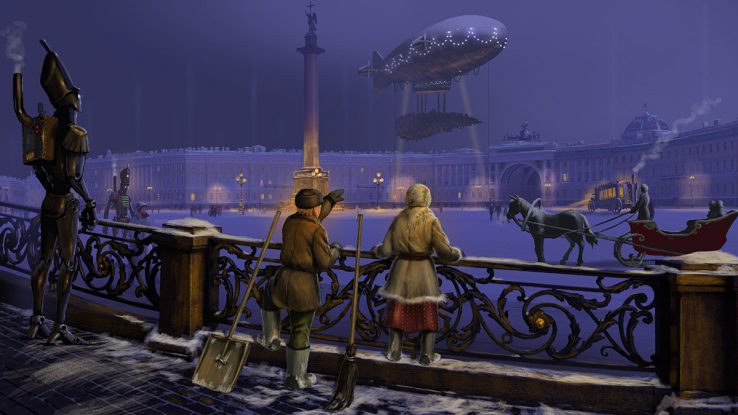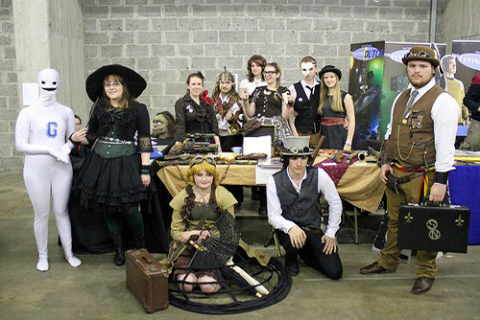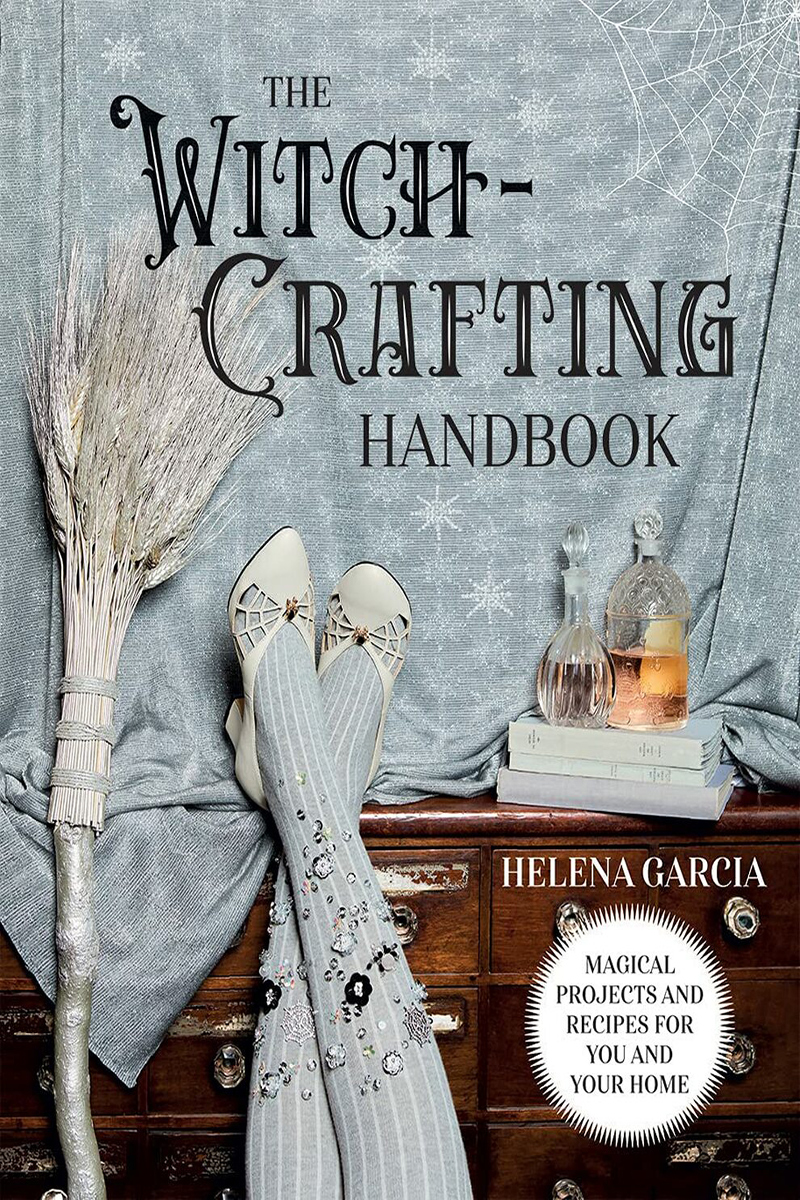
Something about Dylan Fox’s rebuttal to Parliament & Wake‘s op-ed about why steampunk matters even if it isn’t revolutionary (I wrote my own thoughts about it here last week) got me thinking about what, if anything, makes steampunk uniquely qualified to be a vehicle for “change.”
Learning something
According to Fox, “The real power steampunk has is to convince people [to] go away and educate themselves.”
Why, I wondered? Well, he explains:
because so much of it is about the joy of exploration, of “the path untraveled.” When you start your steampunk role-play or novel or whatever, you have two choices: senseless ego-masturbation; or actually learning something. You can take what you think you know about the world and make it up from there, or you can go out there and find out what the world is actually like. Nothing worth a damn has ever been created by doing the former. Do you want your creation to be worth a damn?
His language is pretty strong and his premise (“The world as we’ve been taught it — society, history, race, gender, everything — is bullshit designed to ensure those with power keep it and those without power are gratefully subservient to those who do have it.”), I think, quite misguided, but in his opinion lays the crux: the activists want steampunk to be “worth a damn.”
The rest of us, we’re colonizing the past just to have fun.
Unique
From a political perspective, steampunk, to us, isn’t any different from Star Trek. We can derive inspiration from either, but we don’t regard them as political statements on their merits.
If you do, though, you have to explain what makes your genre special.
In this sense, Dylan’s talk about the “joy of exploration” does seem a little weak. This isn’t unique to steampunk
My conclusion: steampunk isn’t any different from most genres or cultures on a theoretical level, but maybe somebody can tell me what makes steampunk stand out — and what justifies it being labeled as a movement for “change.”
Whatever that is.





1 Comment
Add YoursConsider another genre: Crime novels have been written from a right-wing perspective, from a left-wing perspective, from no apparent political position, for pure entertainment, as an intellectual puzzle, to describe/investigate some philosophical/religious question (Fader Brown: Catholicism according to Chesterton; I’ve been recommended Rabbi Small as an introduction to Jewish thinking), etc., etc. Surely, the same is true for steampunk: it all depends on who the writer is and who the reader is; you can write steampunk to make a political point (libertarian, marxist, green, or anything in between), encourage kids to become engineers, to tell a good yarn, and lots more, and lots of it at the same time. If you as a reader are obsessed with politics, you will most likely interpret everything you read & see in political terms; if you are a true believer in some ideology, that ideology is likely to colour your interpretation.
(And, of course, being fun and addressing serious (for any definition of serious) questions are not mutually exclusive: Terry Pratchett for one usually succeeds in being seriously funny and making serious points at the same time.)
If anyone can provide a political interpretation of my steampunk’d anachronistic pastiche of a late 19th century model yacht, I’d be impressed.
“The joy of exploration, the path untravelled”: doesn’t that describe a lot if not all of science fiction, a large chunk of fantasy, and a fair portion of crime (an exploration to find out the truth: who did it how and why). Not exactly exclusive to steampunk.
“You can take what you think you know about the world and make it up from there”: that covers mathematics and a lot of philosophy, right? Can’t say I would describe either as worthless.
No, there seems to be nothing exceptional about steampunk (as a genre or aesthetic). On the other hand, there seems to be something that makes people that are hard not to notice argue that it is exceptional, that it is inherently political in a certain way, and that those who in any way disagree are wrong, misguided, and long list of other insults. But what that is, I do not know.